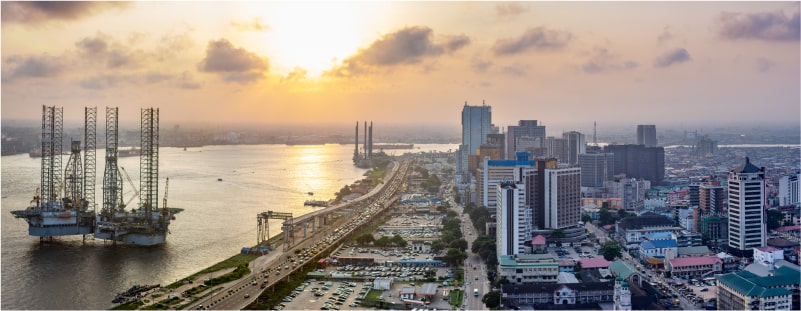Last week, US non-farm payrolls data presented a mixed picture for the US labor market, at a time when the Fed is considering when to begin cutting interest rates. Locally, the Bureau for Economic Research (BER) inflation expectations for 2024 came in lower than in previous periods, welcome news ahead of the SARB rates decision later this month.
International Market Developments
US hiring moderated in June and prior months were revised lower, as tighter policy helps squeeze a driver of US inflation. However, the US non-farm payrolls (NFP) still overshot expectations in June, increasing by 206 000, from a downwardly revised increase of 218 000 (previously 272 000) in May. The increase in average hourly earnings came in at 0.3% month-on-month in June, from an increase of 0.4% month-on-month in May. The unemployment rate increased to 4.1% in June, from 4.0% in May. The data suggests a mixed picture for the labour market at a time when the Fed is considering when to begin cutting interest rates. A cooling labor market would support Federal Reserve policymakers seeking multiple reductions in interest rates this year as the remnants of inflation are finally killed off.
Looking ahead, investors are keeping an eye on US inflation data due for release on Wednesday. CPI is likely to have moderated further in June. The Fed, however, is expected to keep the Fed funds rate unchanged when it meets at the end of July.
Local Market Developments
The Bureau for Economic Research (BER) inflation expectations for 2024 came in lower, at 5.3% in Q2:24, from 5.4% in Q1:24. Expectations for 2025 also came in lower, at 5.0% in Q2:24, from 5.3% in Q1:24; for 2026 the average is at 4.9%. During the second quarter of 2024, analysts, business leaders, and trade union officials all lowered their CPI inflation forecasts for the entire three-year horizon. The five-year inflation forecast fell below 5% (to 4.9%) for the first time since the fourth quarter of 2021. One-year-ahead inflation expectations of households continued to trend downward in the second quarter of 2024. It reached 6.4%, from a recent peak of 8.1% a year ago.
Survey results will likely inform the SARB’s interest rate decision later this month. SARB Governor Lesetja Kganyago has repeatedly communicated that the SARB will likely only cut interest rates when inflation is on a downward trajectory towards the midpoint of the inflation target.


